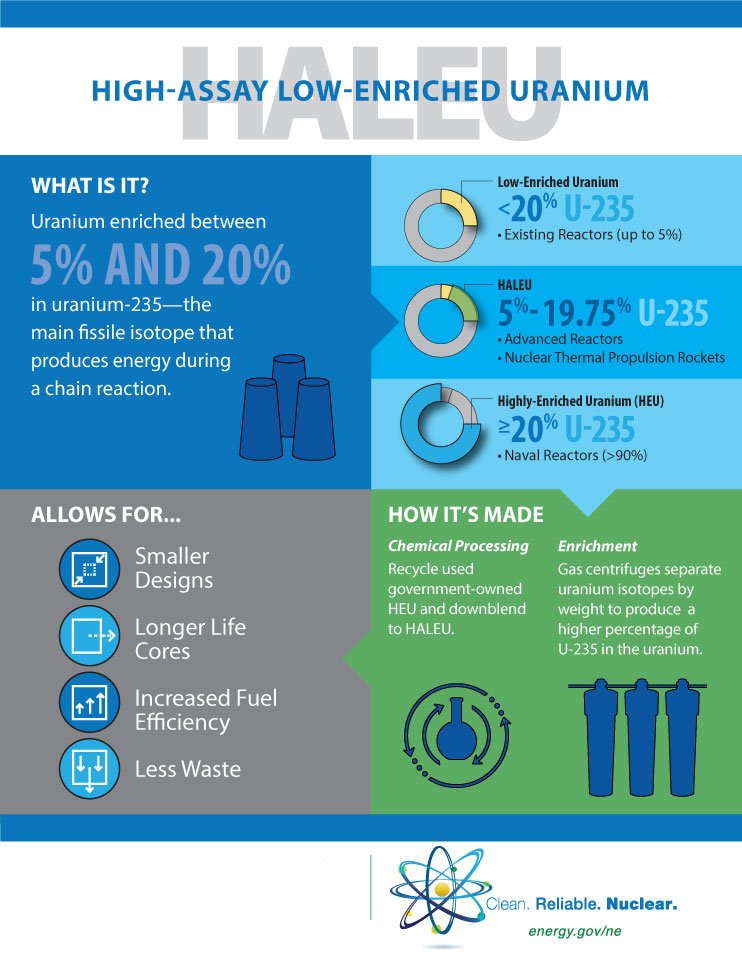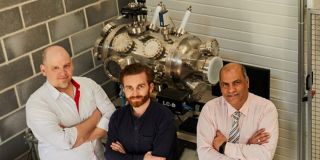ANS urges Congress to address availability of HALEU for advanced reactor fuel

Congress needs to take swift action to build a domestic supply of high-assay low-enriched uranium (HALEU) to fuel advanced reactors, the American Nuclear Society declares in a September 14 letter to Sens. Joe Manchin (D., W.Va.), chair of the Senate Energy and Natural Resources Committee, and John Barrasso (R., Wyo.), the committee’s ranking member.

